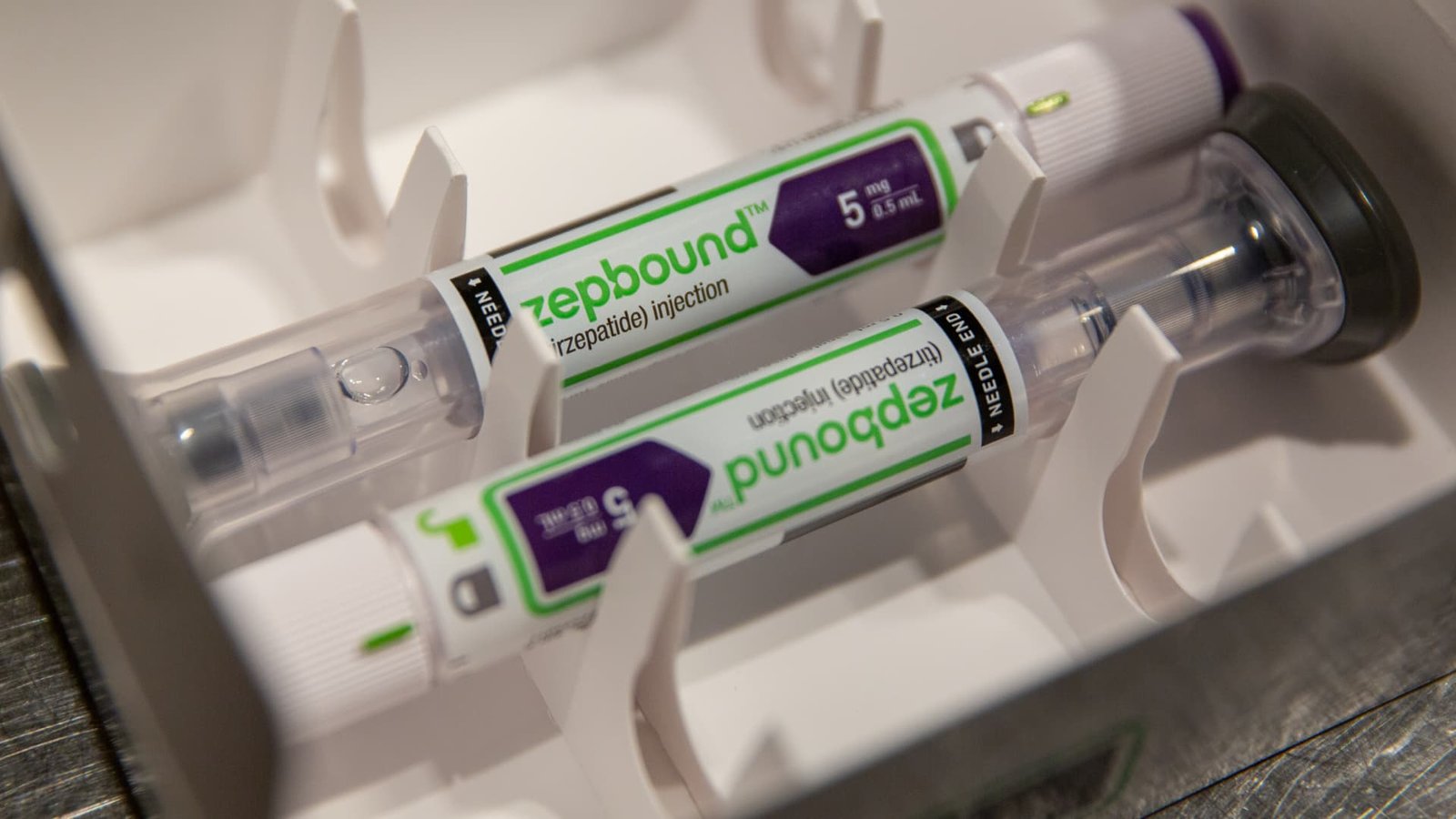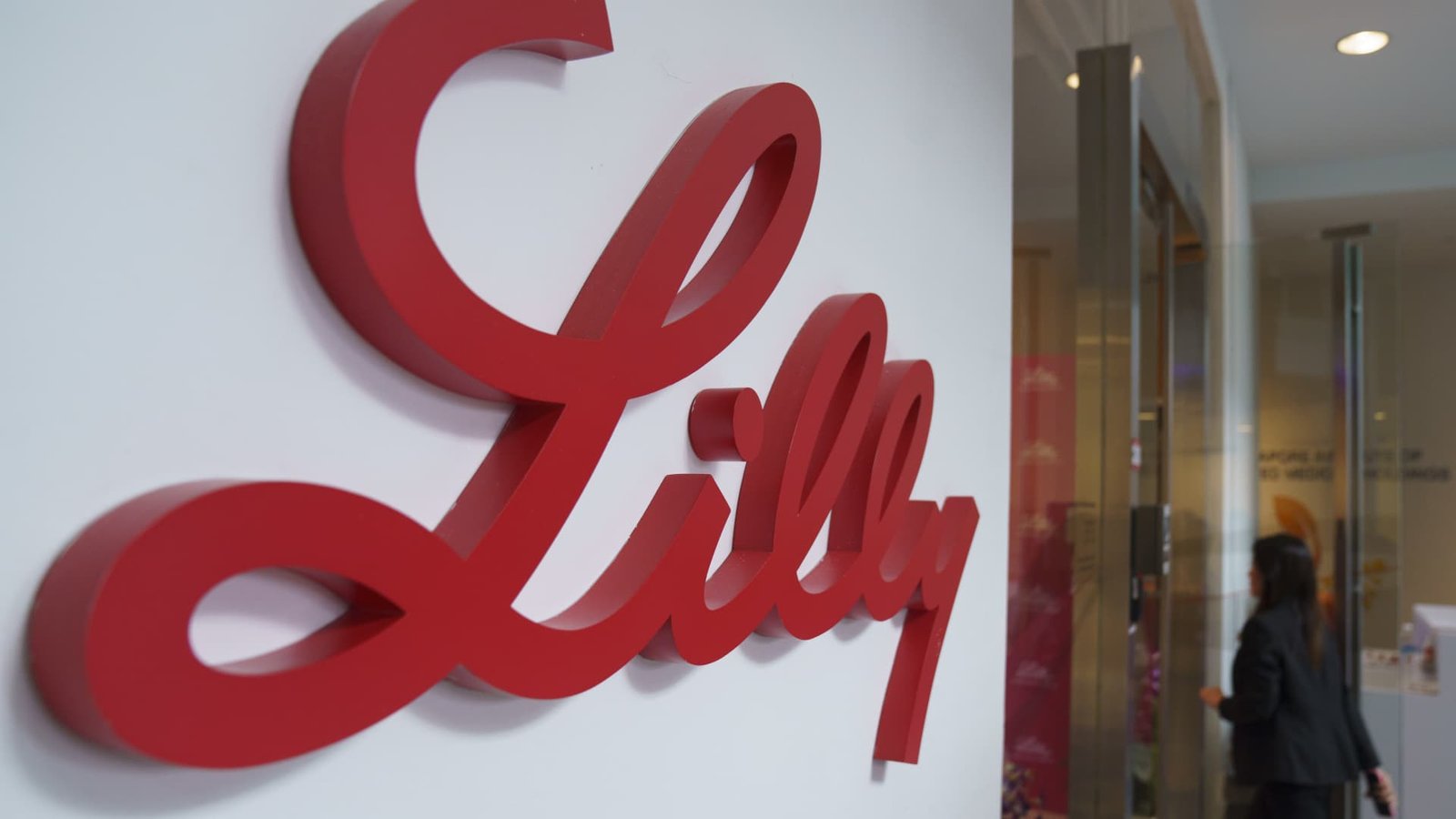In this article, the Food and Drug Administration has approved Eli Lilly’s weight loss drug Zepbound for treating patients with obstructive sleep apnea (OSA), a common sleep-related breathing disorder. This approval expands the drug’s use and may lead to broader insurance coverage in the U.S.
Zepbound, administered weekly via injection, is now the first drug treatment option approved for patients with obesity and moderate-to-severe OSA. OSA is characterized by interrupted breathing during sleep due to narrowed or blocked airways. The FDA stipulates that Zepbound should be used alongside a reduced-calorie diet and increased physical activity.
Eli Lilly estimates that around 80 million Americans suffer from OSA, with approximately 20 million having moderate-to-severe forms of the condition. However, the company notes that 85% of cases remain undiagnosed.
Julie Flygare, president and CEO of Project Sleep, emphasized the importance of recognizing OSA symptoms and the availability of treatments like Zepbound. Eli Lilly plans to launch the drug for OSA at the start of the next year. Zepbound, containing the active ingredient tirzepatide, was initially introduced for obesity treatment and is also being explored for other obesity-related conditions.
The FDA’s approval may facilitate broader insurance coverage for Zepbound, which is typically not covered by many insurance plans, including Medicare. The decision underscores the potential health benefits associated with GLP-1s, a class of weight loss and diabetes treatments. Zepbound’s competitor, Wegovy from Novo Nordisk, is not approved for OSA.
Zepbound offers a promising treatment option for OSA patients, addressing symptoms like loud snoring and excessive daytime sleepiness, which can lead to severe complications such as stroke and heart failure. Eli Lilly’s clinical trials have shown Zepbound’s effectiveness in reducing OSA severity and even resolving the condition in a significant percentage of patients.
The trials demonstrated that a high dose of Zepbound led to disease resolution in a substantial number of participants compared to those on a placebo. Researchers evaluated the effectiveness of Zepbound by analyzing the apnea-hypopnea index (AHI), which measures the frequency of breathing disruptions during sleep. Disease resolution for OSA is defined as having fewer than five AHI events per hour or meeting specific criteria for daytime sleepiness.




